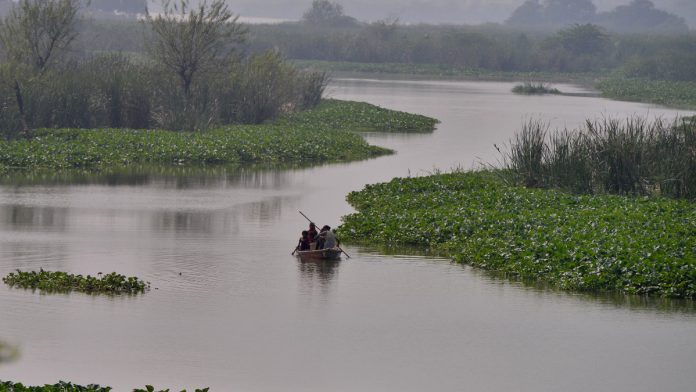Here is a simple frame: India’s 29 states and 7 Union Territories share the country’s 20 major river basins. But it is also an important reminder of the interdependence of India’s water security, which is determined by how these rivers are governed.
Shift focus to enabling cooperation: Prime Minister Narendra Modi government will have to undertake a fundamental strategic shift in the way rivers are managed — away from the current reliance on conflict resolution, and make deliberate efforts to enable and nurture an ecosystem for interstate river water cooperation. Attempts to resolve disputes often fail because there are no reliable mechanisms to implement the decisions of the tribunals.
The complex political ecology of transboundary river water sharing constitutes a coexistence of conflict and cooperation. The institutional solutions have to acknowledge this character, besides relying on legal instruments, and have to be supplemented with other elements of ecosystem: policy, institutions, and politics.
 Written by Srinivas Chokkakula
Written by Srinivas Chokkakula
Srinivas Chokkakula is the MoJS (Ministry of Jal Shakti) Research Chair – Water Conflicts and Governance at CPR, where he leads the Transboundary Rivers, Ecologies, and Development studies (TREADs) programme. His research and policy interests lie primarily in the water sector, focusing on transboundary water conflict/cooperation and governance.
Read Article: https://theprint.in/opinion/indian-states-have-fought-over-shared-rivers-for-long-modi-must-make-them-cooperate-now/249361/
